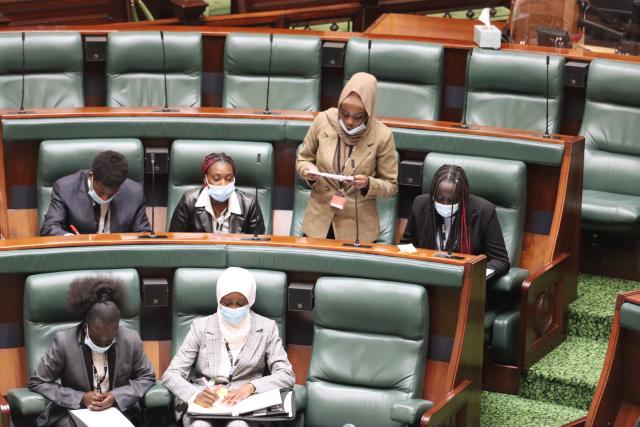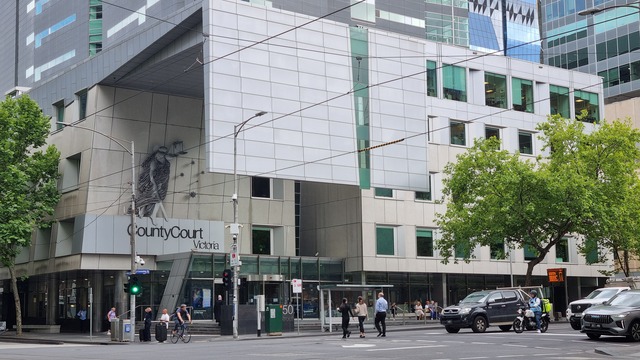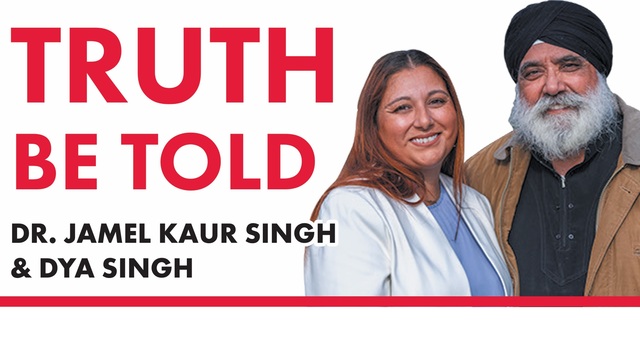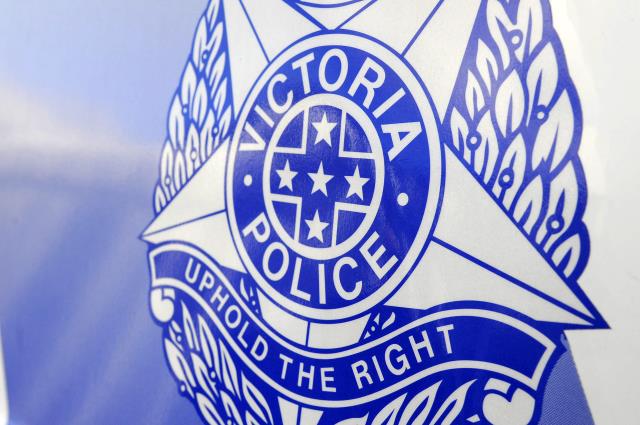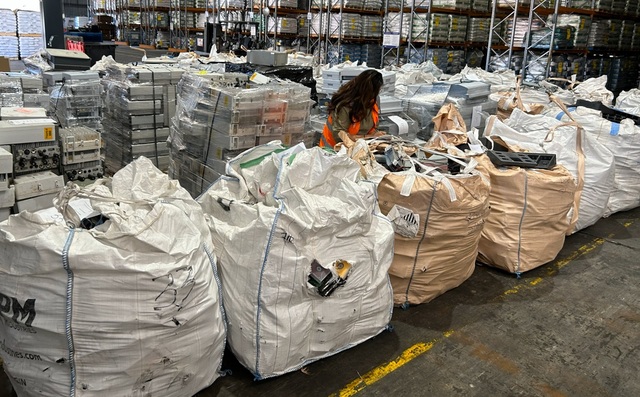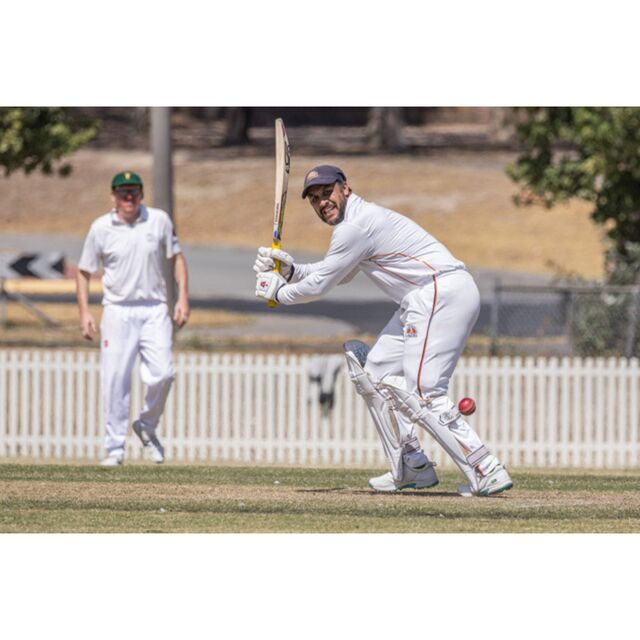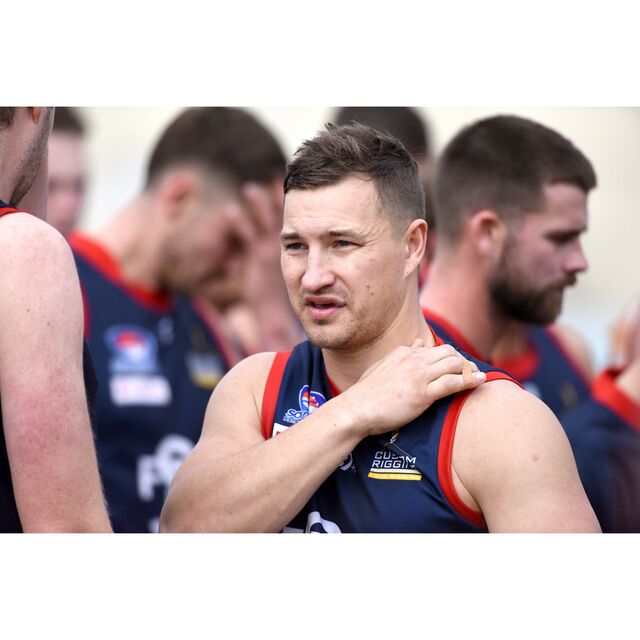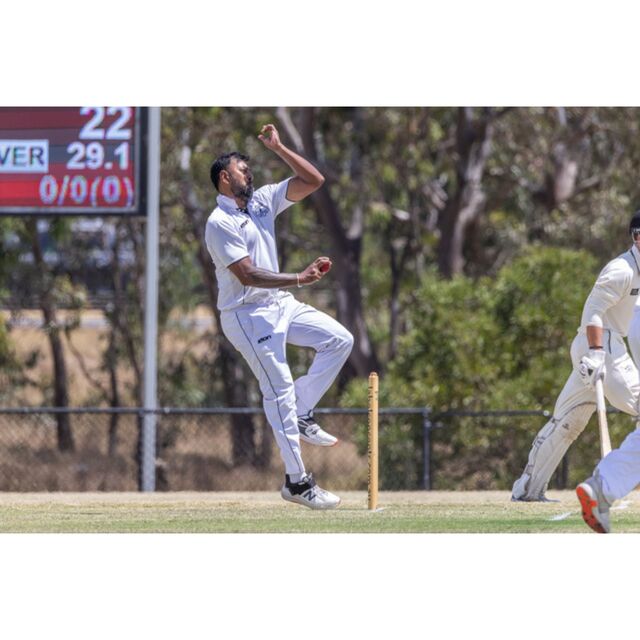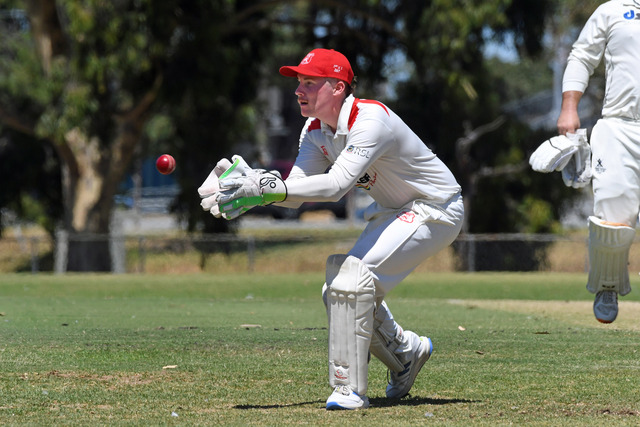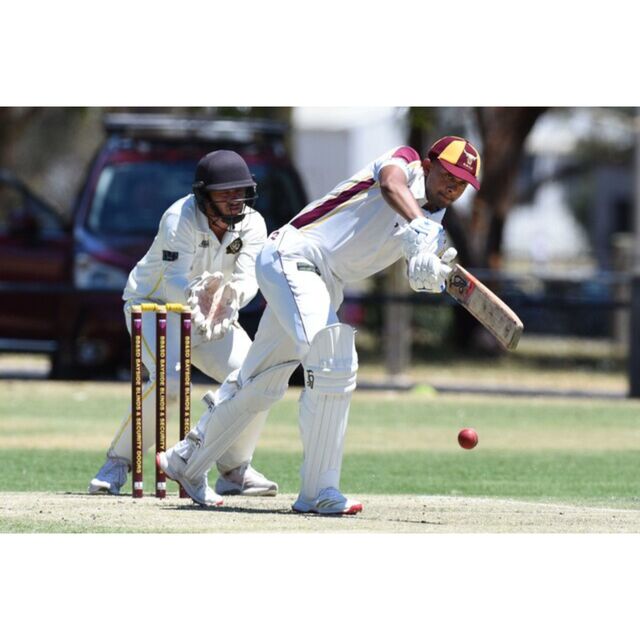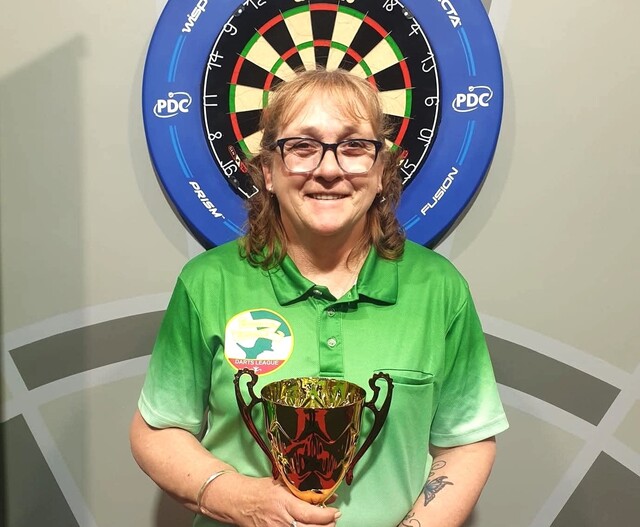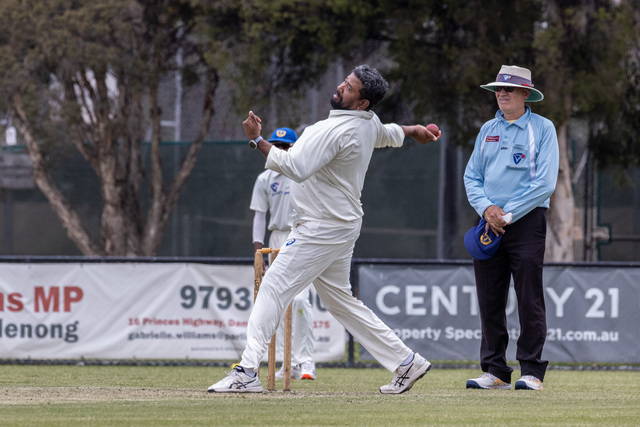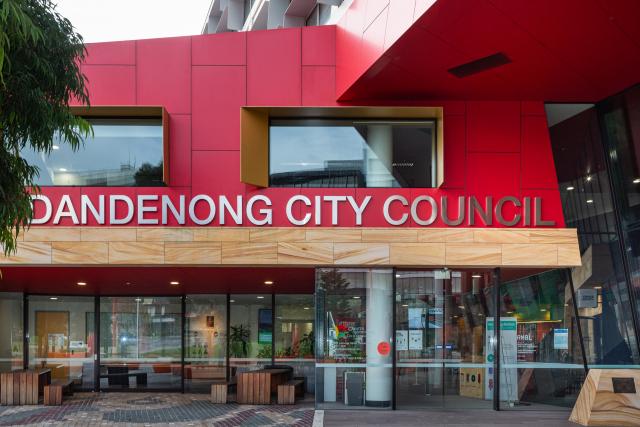A group of young people from Melbourne’s South East have successfully passed a bill in the YMCA Youth Parliament program addressing systematic racism in the education system.
Nyaliep Thowat, Danya Daoud, Razaz Elghali, David Taiwo, Mluta Katambwe and Nyachuot Koang developed the African Cross-Cultural Community Education and Engagement Bill to establish a teacher training program on discrimination and systematic racism to be overseen by a ‘Young African-Australian Community Ambassador’ advisory board.
“The bill seeks to ensure African communities are supported to achieve their potential beyond systematic and racial barriers,” Ms Koang said in her introduction of the bill to parliament.
“There remains a lack of cultural acknowledgement and understanding from education providers, leading to African Australian student disengagement and lack of specific support.”
The group, made up of students from Narre Warren South P-12 College, Lyndale Secondary College and Cranbourne East Secondary College, is the first all African-Australian team to participate in the YMCA Youth Parliament, a program that brings together over 120 young people from across regional and metropolitan Victoria to develop and debate mock bills in the Victorian Parliament House.
Bills are presented to the Victorian Minister for Youth Ros Spence, who consults them when developing policies for young people.
The team were motivated by their own experiences of poor treatment as African-Australian students.
For Nyaliep Thowat, comments about her hair and skin made by teachers during her early high school years created an uncomfortable learning environment and influenced her self image.
“My teacher once commented ‘your skin is so smooth, you must adore being a good shade of brown’. I ask the opposition to picture a 12 year old me trying to determine what shade of brown is bad,” Ms Thowat said in a speech to the youth parliament.
The issue of racism in the schooling system is unfortunately not unique to this group of young people.
The 2017 Speak Out Against Racism Survey conducted by the ANU Centre of Social Research and Methods found that 43 per cent of students reported incidents of racial discrimination directed towards students by teachers.
Multiculturalism and youth advocate Krushnadevsinh Ravalji said incidents of racism need to be contextualised with pre-existing disadvantages faced by young people from culturally and linguistically diverse backgrounds.
“Traditionally if you’re from a multicultural background you’re either a migrant or a refugee… a lot of the times you don’t have financial support, you don’t have generational wealth,” Mr Ravalji said.
“You have language barriers… sometimes you can have trauma associated with migrating or coming from a war torn country.”
Mr Ravalji said racist treatment in schools could lead to a cycle of educational disadvantage, mental health issues, and internalised racism.
“If you’re not accepted in the school, if you feel like you don’t belong at the school… you automatically start disconnecting yourself from the school environment,” Mr Ravalji said.
Research from the Foundation of Young Australians also found that racism contributed to students being reluctant to go to school, as well as ongoing feelings of resentment and a constant sense of exclusion.
The report recommended well targeted professional development of teachers, school leaders, and administrative staff on inclusive practice and the impacts of racism.
Associate Professor Megan Watkins and Professor Greg Noble from the Institute of Culture and Society at Western Sydney University found that conventional multicultural education struggled to engage with the complexities of cultural and linguistic diversity.
“Working with a lot of teachers, when you started talking to them, they were realising the way in which they approach typical multicultural days that there were incredible limitations with that. It didn’t get kids to think about issues like racism,” Professor Watkins said.
Their research Rethinking Multiculturalism/Reassessing Multicultural Education involved 14 action projects where teams of teachers led research in their schools on different elements of multiculturalism.
While some schools had immense success in improving multicultural education, others saw little changes.
“We had a number of research teams that didn’t really deviate from what were more traditional approaches to multicultural education,” Professor Watkins said.
Professor Watkins pointed to the absence of a universal language around multiculturalism, the resourcing limitations of schools, and a reluctance to interrogate issues related to multiculturalism beyond “the practical day to day processes of teaching”, as key factors behind the lack of engagement with complex racial issues in some schools.
“Teachers have very little time for reflection, they have very little time to sit and think and discuss, to collaborate with their peers, to tease out some of these really difficult issues,” Professor Watkins said.
While there are challenges in embedding anti-racism training in schools, for youth parliamentarians Danya Daoud and Razaz Elghali, the unanimous support of their bill by their peers was a hopeful sign to continue in their advocacy.
“It’s not only youth parliament. We are agents of change, we can make change in our society,” Ms Daoud said.
*Jacob Gamble is a Youth Press Gallery journalist as part of the YMCA Youth Parliament program.

